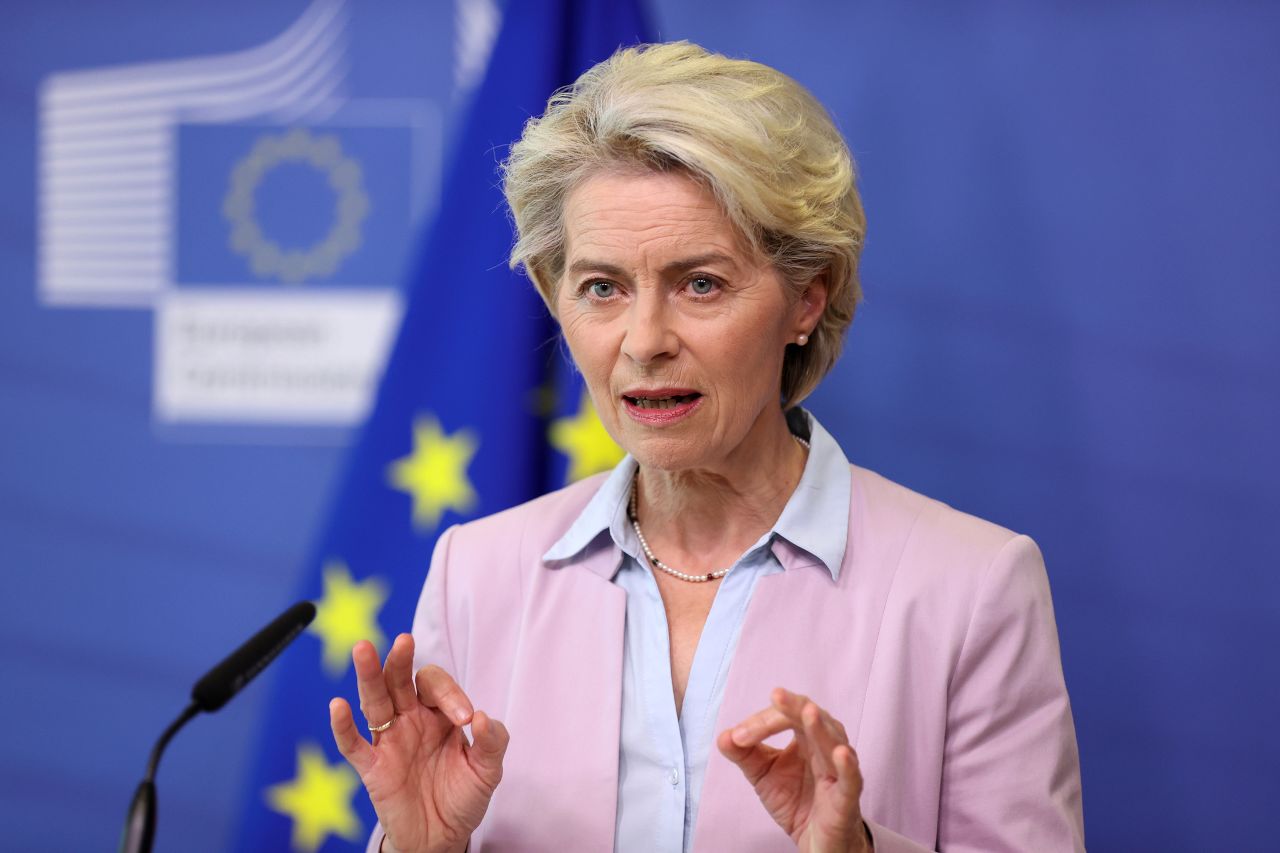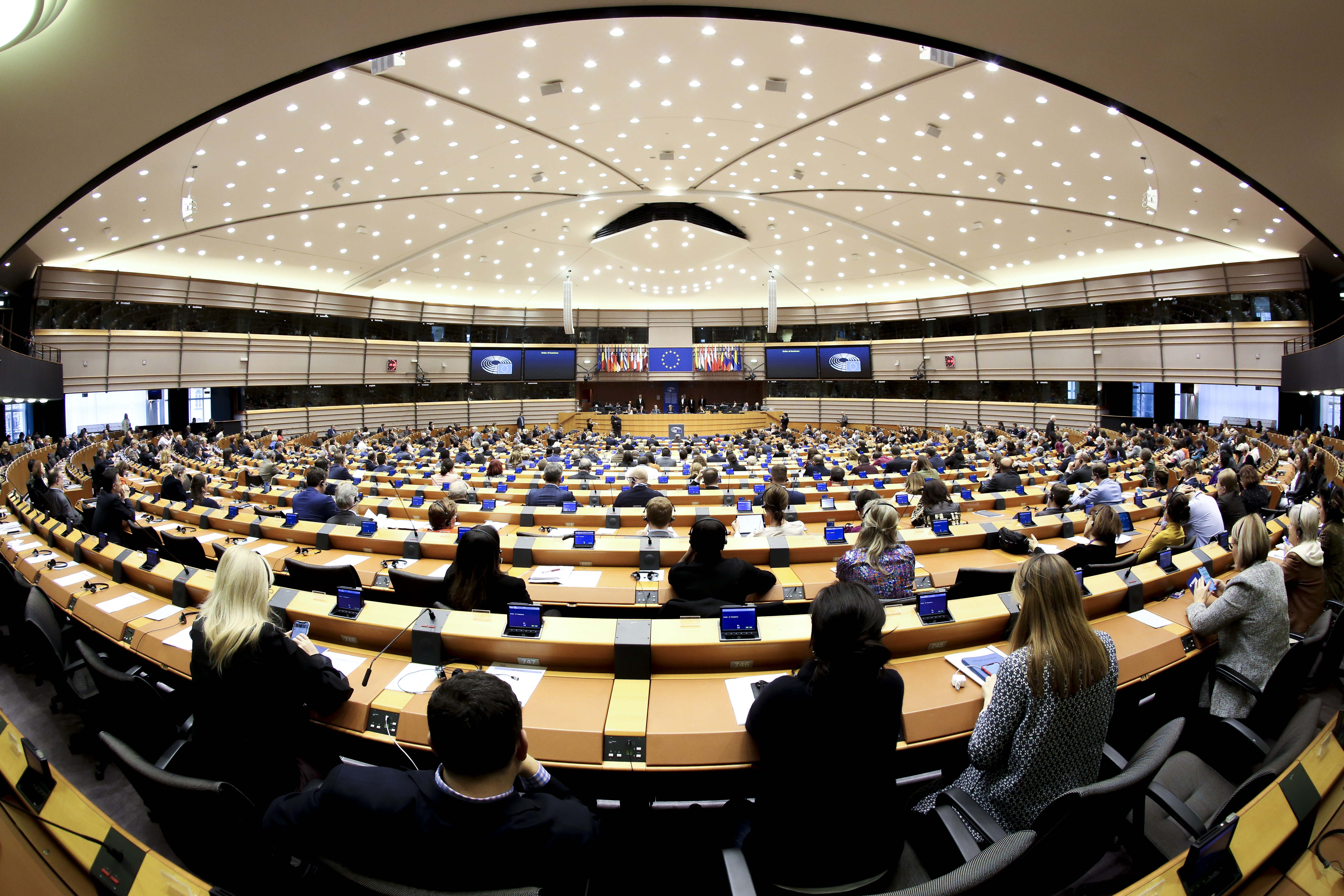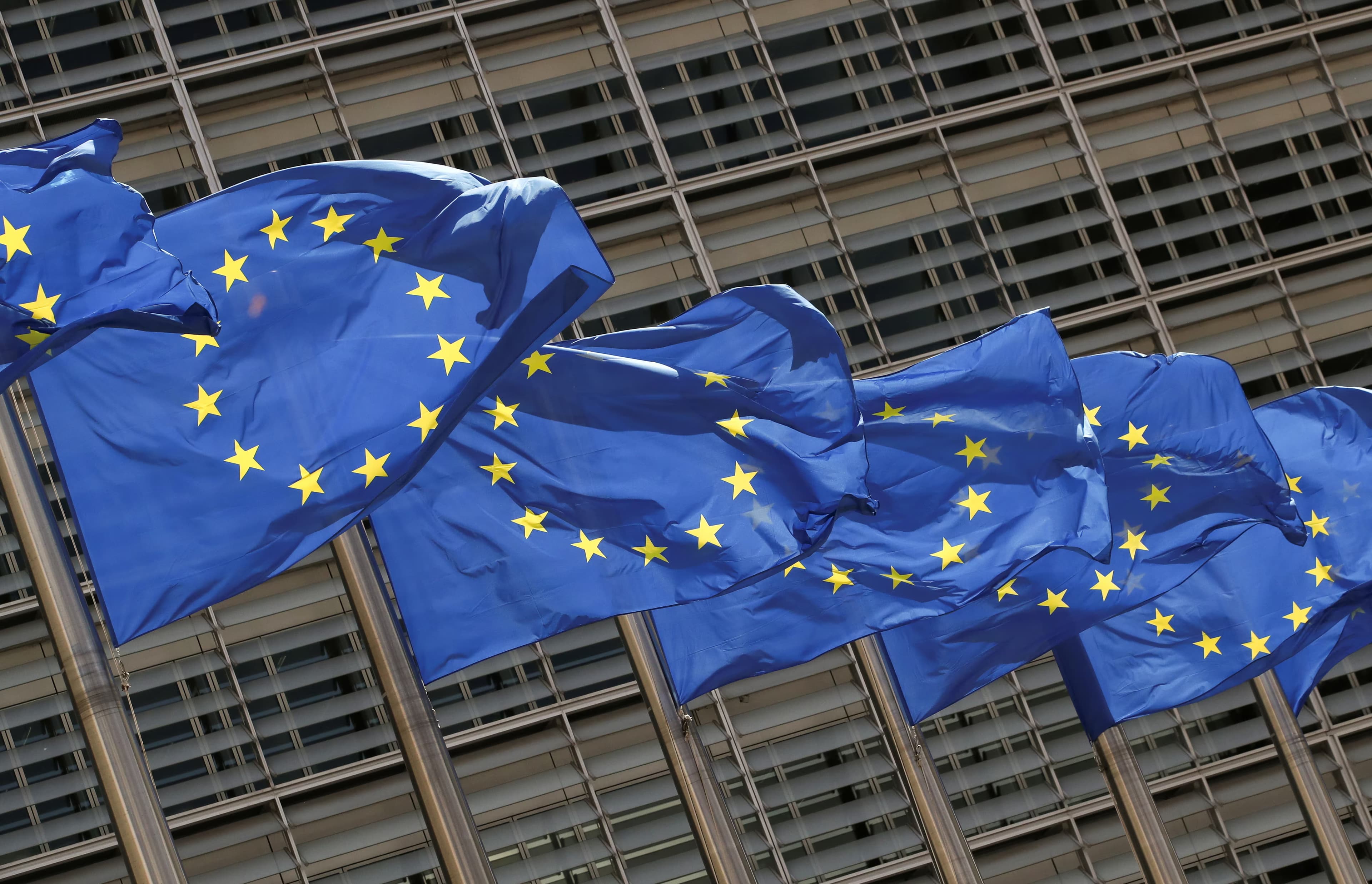The European Union, hailed as a bastion of regulatory power, is now drowning in its own bureaucracy, costing taxpayers billions while urgent climate action slips through the cracks. As reported by ECIPE, over 2,500 new legal acts emerge annually, yet enforcement has become an afterthought. This paradoxical situation not only stifles growth but also undermines crucial environmental protections.
Regulatory Overload Fuels Inaction
The EU"s obsession with creating regulations has backfired spectacularly. With a staggering number of laws on the books, many are never enforced, leaving communities vulnerable to environmental degradation. The sheer volume of regulations creates confusion and allows corporations to exploit loopholes, particularly in sectors where environmental impact is most critical.
Corporate Interests Prevail Over Public Health
In an environment where regulation is seen as a burden, corporations are given free rein to prioritize profits over public health. According to the Small Business Administration, small businesses suffer in this regulatory maze, yet they are often at the forefront of sustainable practices. Meanwhile, larger corporations lobby successfully to dilute environmental standards, perpetuating a cycle of harm.
Climate Change Ignored Amidst Bureaucratic Chaos
While the EU grapples with bureaucratic gridlock, the planet faces an existential crisis. The latest reports indicate that Europe is not on track to meet its climate goals, with emissions reductions lagging far behind targets set in the Paris Agreement. As climate emergencies escalate, the EU"s regulatory framework remains ineffective, leaving marginalized communities to bear the brunt of environmental injustice.
Marginalized Voices Left Out
In the midst of this chaos, those most affected—often low-income communities and people of color—are silenced. The EU"s failure to enforce environmental laws exacerbates inequalities, as these communities experience higher pollution levels and less access to critical resources. The lack of accountability in the enforcement of regulations is a direct violation of social justice principles.
\n\n
September 7, 2022 Russia-Ukraine news | CNN
Time for a System Overhaul
As the EU faces growing dissent over its bureaucratic inefficiencies, it must also confront the reality that any attempt at reform without addressing the climate crisis is futile. The current system favors corporate interests over the welfare of citizens, and this must change immediately. According to research, symbolic efforts to cut bureaucracy have only created the illusion of progress without solving systemic challenges.
Calls for Accountability and Justice
Activists and progressive leaders are demanding that the EU prioritize environmental justice and hold corporations accountable for their actions. With climate change impacting every corner of the continent, now is the time to align regulatory frameworks with sustainability goals. The urgency of the situation cannot be overstated; lives depend on immediate and effective action.
Conclusion is Not an Option
This is not merely about regulation; it’s about survival. The EU"s current trajectory will lead to more severe environmental crises, exacerbating socio-economic disparities further. As the climate catastrophe unfolds, the EU must recognize that its bureaucratic paralysis is a direct threat to human rights and social equity.

Opening - March I plenary session | News | European Parliament



![[Video] Gunfire between Iraqi security forces and Sadr militias in Baghdad](/_next/image?url=%2Fapi%2Fimage%2Fthumbnails%2Fthumbnail-1768343508874-4redb-thumbnail.jpg&w=3840&q=75)
